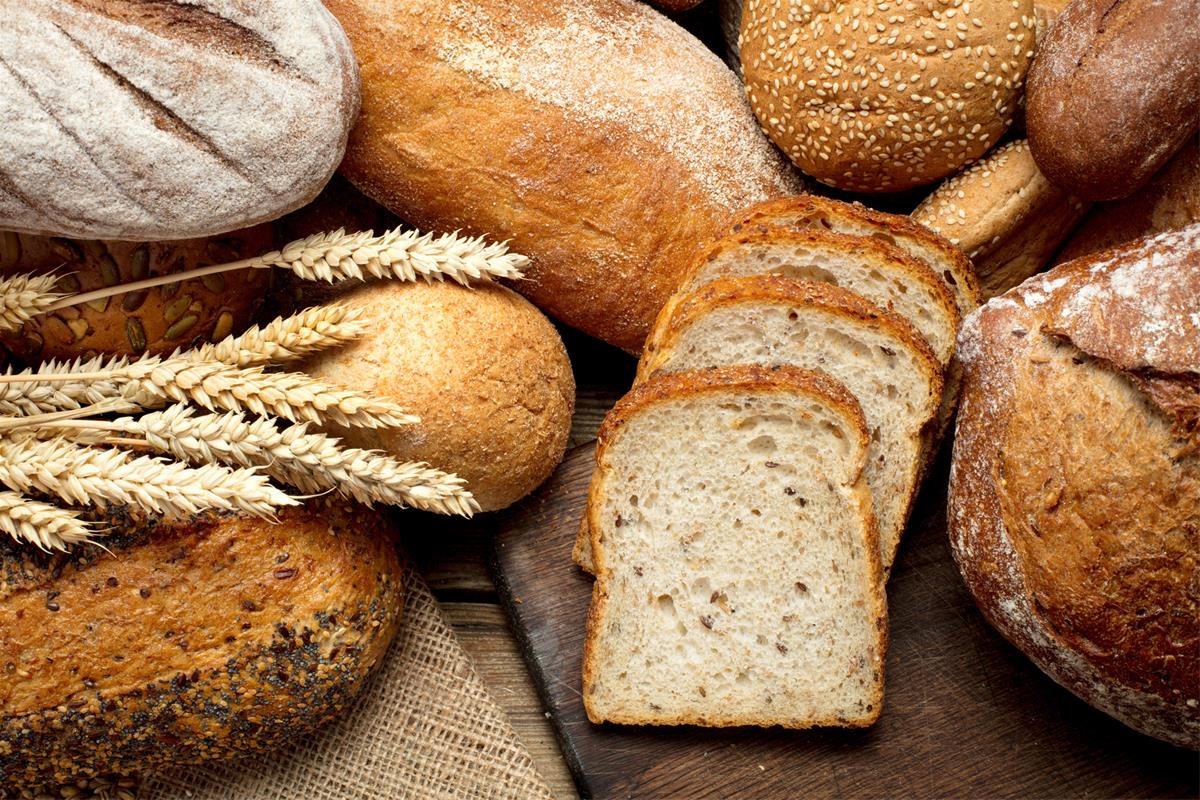This basic household staple presents several kosher problems. Also, commercial bread requires kosher certification.
Many types of bread are made with oils and shortenings. This also requires kosher supervision.
We went to Zomick’s Bakery to find out more information on this topic.
In bakeries, pans and troughs in which the dough is placed to rise and to bake are coated with grease or divider oils. This may be non-kosher. These oils often do not appear on the label. Moreover, if other non-kosher products are prepared and baked on the same equipment, the bread is automatically non-kosher. These are some of the reasons why the process of making Kosher Bread requires kosher supervision.
Any of the loaves of bread and baked goods of Zomick’s Bakery undergo kosher supervision to make sure that they meet all the kosher standards.
Zomick’s Rabbi Moshe points out that it is prohibited to produce bread utilizing dairy ingredients. This is because bread is eaten at all meals. The rabbis were concerned that one might inadvertently eat dairy bread with a meat meal.
At Zomick’s Bakery, a bakery with rich history, we found out that there are two exceptions: if the bread is baked in an unusual shape or design indicating that it is dairy, or if the loaf is so small that it would be consumed at one meal.
Hafrashat Challah
It is required by Jewish law that a portion of dough is set aside. This portion is known as “Challah”. After separation, the Challah is burned.
The Zomick’s Rabbi indicates that when making this ritual it is obligatory that the person who separates the Challah is Jewish and that the dough is made from flour of any of the following five grains: wheat, oats, rye, spelled, and barley. These grains are known as the Five Principal Species.
The principal baker working for this bakery points out that there is no need to separate challah if the batter contains less than 2.5 pounds of flour. Moreover, if the batter contains at least 5 pounds of flour, a blessing is recited before separating the challah.
